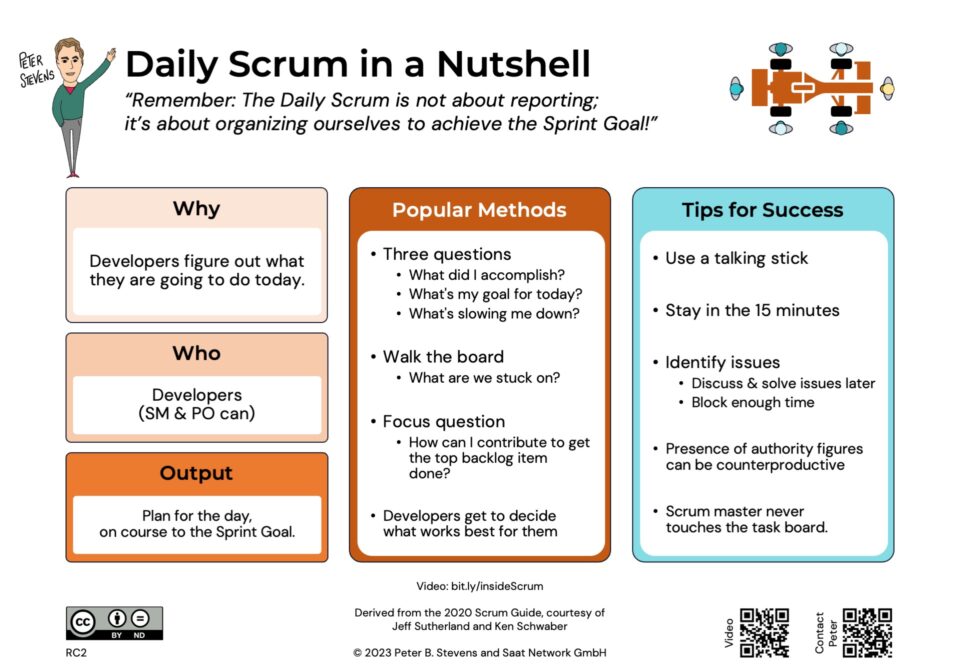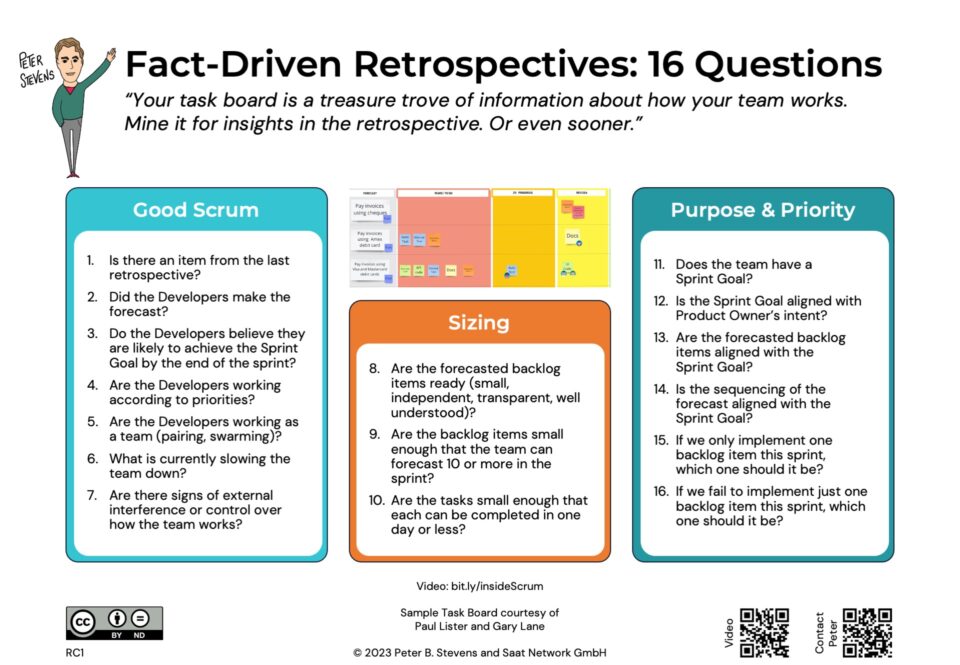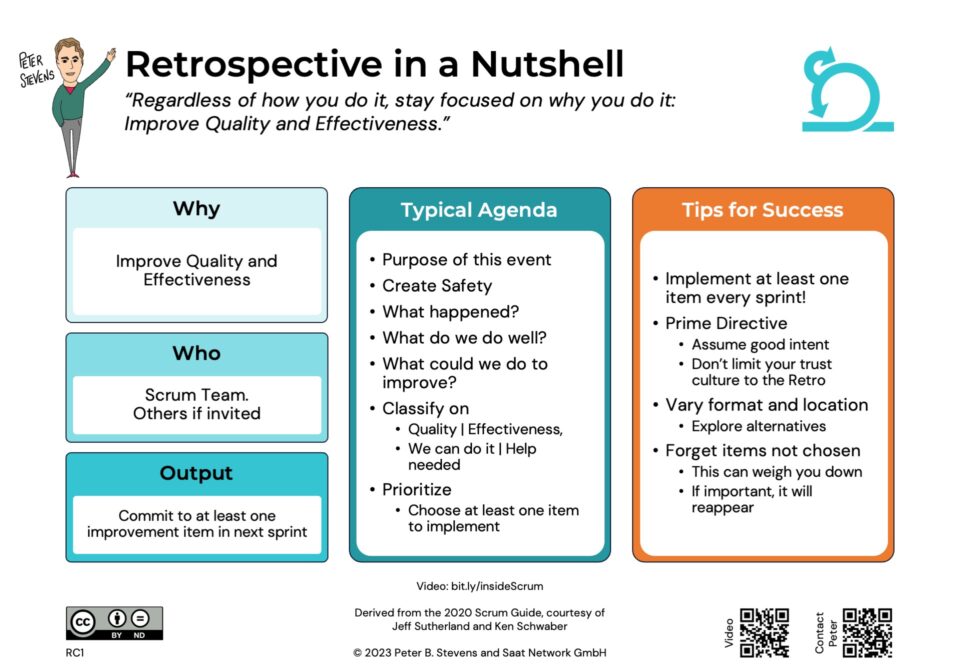Good Profits, Bad Profits, and Roaming Profits
29-03-2011Interview: Seth Kahan on Getting Change Right
04-04-2011The Project Management Institute has started beta testing a new certification of Agile Project Leaders. What does this mean? Where does it fit in with the existing certifications? And what impact will it have on the Scrum Community?
Gregory Balestrero, President & CEO of PMI, attended the Orlando Scrum Gathering in 2009. When he got there what did he see? Half the attendees had a PMP!
These attendees were members of the PMI for whom the PMI was doing nothing! So this Scrum and Agile stuff was not just a passing fad, but represented a real need in the software space. The PMI had to do something, and that something is the PMI Agile Certification.
The program has now been published on their website. According to the PMI, their certification program should enable practitioners to:
- “Demonstrate to employers their level of professionalism in Agile practices of project management
- “Increase their professional versatility in both project management tools and techniques
- “Show they have the capacity to lead basic Agile project teams by holding a certification that is more credible than existing training-only or exam-only based offerings.”
The last point is clearly a poke in the ribs at the Scrum Alliance (basically a training-only certification) and Scrum.org (an exam-only certification).
What must you do to become a PMI certified Agile Professional? The details are spelled out on their website; here are the most essential points:
- General Project Management Experience — 2,000 hours working on project teams, earned within the last 5 years. Those holding a PMP credential already satisfy these requirements.
- Agile Project Management Experience — 1,500 hours working on Agile project teams or in Agile methodologies within the last two years.
- Agile Project Management Training— 21 contact hours; hours must be earned in Agile project management topics
- Examination— Tests knowledge of Agile fundamentals and ability to apply to basic projects
- Maintenance— 30 PDUs/3 CEUs every 3 years in Agile project management.
Note that Agile Project Management Experience cannot be double counted with general project management experience. A total of 3500 hours is necessary for the certification.
Twenty one contact hours basically translates to three days of Agile Training. The PMI has recognized Scrum Alliance certified courses in the past, so this should continue in the future. Note that over the three years after initial certification, an average of 10 PDUs / year (1 PDU = 1 hour of training, conference attendance or similar activity) is required to maintain the certification.
What does the PMI Certification mean?
I was always impressed by the tag-line of the PMI: “Making project management indispensable for business results.” It sounds to me like their primary purpose is to ensure their own existence, just like a bureaucracy would do. And in fact, when I visit companies, most of them want to shake off the sluggishness and bureaucracies that phase-oriented development models produce. The tag line of the Scrum Alliance: “Transforming the world of work“. It’s not just about managing projects, but making the workplace a better place to be.
What speaks in favor of the PMI certification? Certainly the size, influence and stability of the PMI mean that this will be an important certification. The Scrum Alliance has had problems establishing cohesion and direction since the split with Ken Schwaber. Schwaber’s Scrum.org is a dot-org in name only. Scrum.org belongs to Ken Schwaber’s family business, Advanced Development Methods, Inc. The PMI is on much more stable footing than the Scrum-specific alternatives.
A number of highly thoughtful and influential Agilists were involved in creating this program, including two CSTs and the leaders of other important schools of Agile thought. So the certification comes with good pedigree (although there are some caveats, see below).
For the candidate, it will be necessary to demonstrate substantial commitment, knowledge and experience. So I think the certification will enjoy a lot of credibility the marketplace. I believe it will have substantial impact on training programs related to Agile.
Still, Agility is not just a collection of practices. It is a frame of mind. The requirement that you already have a PMP and 2000 hours of classical, non-agile experience bothers me. In French, this is called the ‘Déformation professionelle’. Training and experience form you, but they also deform you. PMI certified agilists will bring a lot non-agile baggage with them.
Remember the spoon scene from The Matrix?
Spoon boy: Do not try and bend the spoon. That’s impossible. Instead… only try to realize the truth.
Neo: What truth?
Spoon boy: There is no spoon.
Neo: There is no spoon?
Spoon boy: Then you’ll see, that it is not the spoon that bends, it is only yourself.
Learning Scrum is a lot about learning how to bend spoons, that is, learning to change yourself and your environment so that both become happier and more effective. Of course, I could be wrong on this one, but I while I see the PMI certifying many Agile Project Managers, I don’t see the PMI producing the next generation of spoon benders. Yes, I think the PMI Agile Certification will be successful and influential. And yes, I think Scrum (and its relatives and descendants, e.g. XP and Radical Management) will continue to grow and thrive.





2 Comments
Hi Stevens
Do you know what counts as
"Agile Project Management Experience — 1,500 hours working on Agile project teams or in Agile methodologies within the last two years."
Does for example RUP does count as agile methodology?
Thomas
Hi Tom,
Good question! No I don't know. I'd be surprised if the PMI knows. 😉 I think RUP will be a tough call, simply because many RUP implementations are decidedly not agile. I'm not even sure it's possible to answer that question categorically.
I think you have touched on an important and very difficult subject. What is Agile? It's relatively easy to decide if someone is doing Scrum or XP, but 'is this person generically Agile' is much fuzzier and could be so fuzzy as to be worthless.
I will ask around and if I can get any concrete/useful guidance, then I will pass it on here or a blog entry.
Cheers, Peter